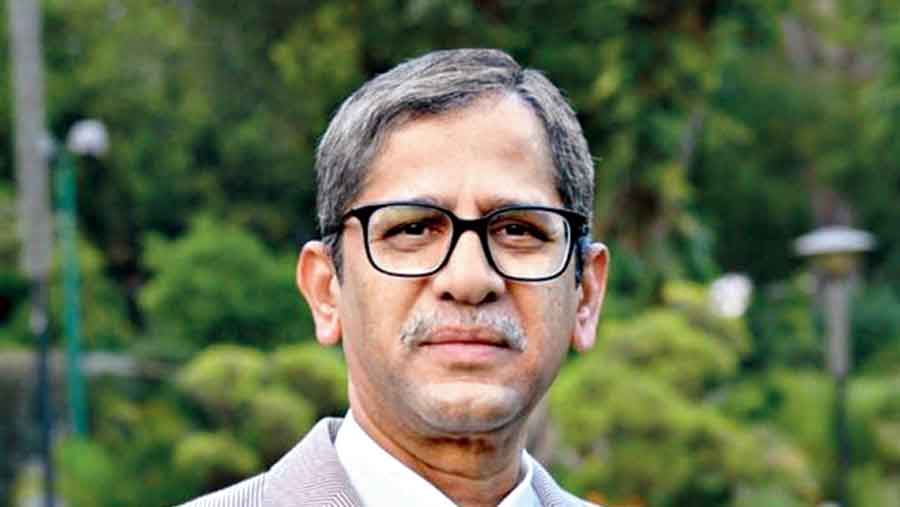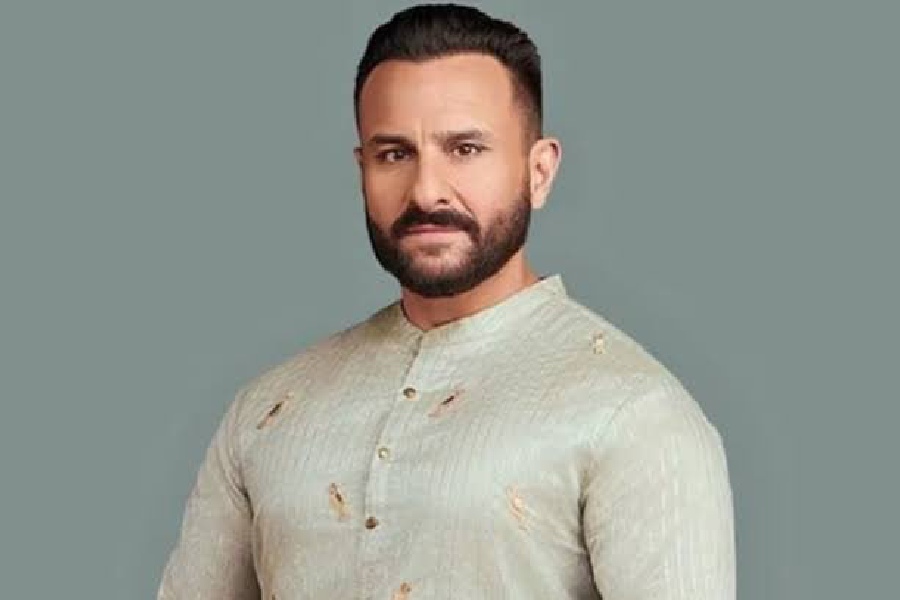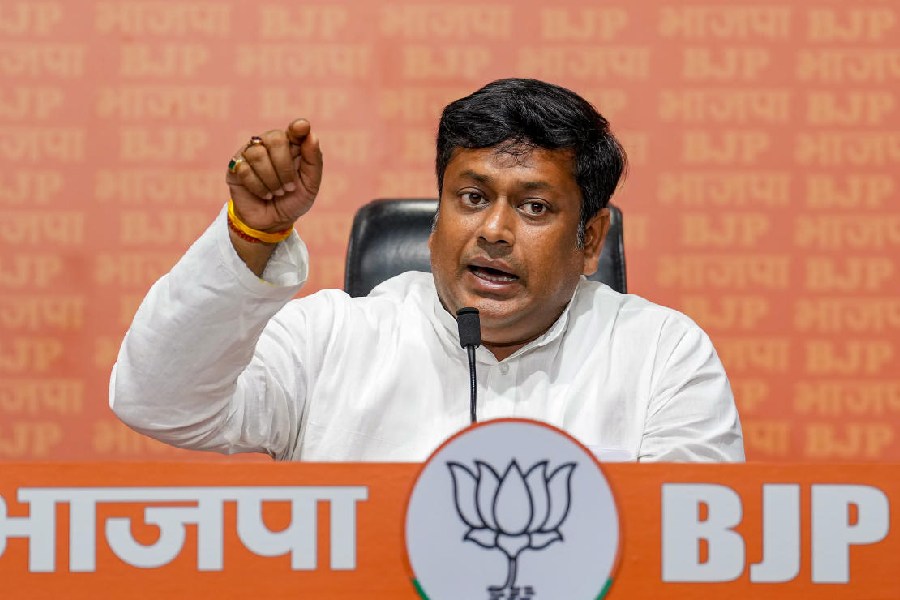Politics is not relevant after becoming a judge and it is the Constitution that guides the judges, Chief Justice of India N V Ramana said on Monday.
The CJI also said that India's vast social and geographical diversity must find its reflection at all levels of the judiciary, contending that it will improve efficiency.
Justice Ramana was speaking at the '2nd Comparative Constitutional Law Conversation' along with United States Supreme Court Judge Justice Stephen Breyer.
The CJI said that he agreed with Justice Breyer's view that the 'job of the judge is not political'. I really laud the statement of Justice Beyer - 'Job of the judge is not political'. It is a really wonderful statement. Once we have taken oaths of the Constitution, once you start working as a judge, I think politics is no more relevant. It is the Constitution which guides us. This is the principle everywhere, he said.
The online event was organised by Society for Democratic Rights, New Delhi and the Georgetown University Law Centre, Washington D.C. on the topic Comparative Approaches of Supreme Courts of World's Largest Democracies. On the aspect of inclusivity in the Indian judiciary, the CJI said that although presently the Supreme Court was functioning with four women judges - the highest number so far - he expects more and inclusivity does not stop with having more women judges .
The CJI noted that India has a population of nearly 140 crores, with around 120 languages, thousands of dialects, more than 4000 communities and more than 700 tribes.
This social and geographical diversity must find its reflection at all levels of the judiciary as diversity on the bench promotes diversity of opinions and efficiency, he said.
With the widest possible representation, people get to feel it is their own judiciary. Diversity on the bench promotes diversity of opinions. Diversity enhances efficiency.
"People from different backgrounds enrich the Bench with their diverse experiences, '' the CJI said and added that he was happy that the outlook of the fellow members of the collegium is very progressive .
Speaking on the issue of PILs, CJI Ramana acknowledged that although there are limitations to PIL, which are the result of the Supreme court's innovation, the overall net outcome has been encouraging .
PIL has prevented cross abuse of the executive and checked corruption on some levels and sought accountability
"PIL is a tool and it is an instrument to uphold civil rights and take care of the needs of people belonging to suppressed classes To some extent, it has successfully achieved its object and now it is an integral part of the system, he said,
CJI Ramana said the spirit of the American and Indian constitutions is the same. "The object is that the people of the country must abide by the rule of law and ultimately it is the people's view that is sovereign. We have to respect it. Ultimately, we will uphold Constitutional values," he said.
The CJI said there is a clear-cut separation of powers of the three organs of the Constitution "so there is no problem in interpreting any of the issues".
Referring to the inadequate judicial infrastructure, the CJI said from his days of practicing as an advocate, he noticed the poor condition of courts in rural areas.
"The judicial infrastructure remains the most neglected area. After the British left the country, most courts were not modernised. This is a priority subject for me after I joined the office as CJI.
"I requested the Government of India to create an infrastructure corporation at state and national levels. The pandemic proved that modern technology has to be an intrinsic part of the system," he said. On the issue of retirement, CJI Ramana said that 65 years for superannuation is too early for someone to retire.
"In the Indian judiciary, at the time of joining, we know our date of retirement. There are no exceptions. I am still left with a decent amount of energy.
"I am the son of an agriculturalist and left with some land to cultivate. I am a man of people... and I hope I will find the right avenue to invest energy. Retirement from the judiciary does not mean retirement from public life," he said.
Commenting on the Collegium system, Ramana said there is an impression that in India, judges appoint judges. "It is a wrong impression and I want to correct it. The appointment is done through a lengthy and consultative process. Many stakeholders are consulted," he said.










